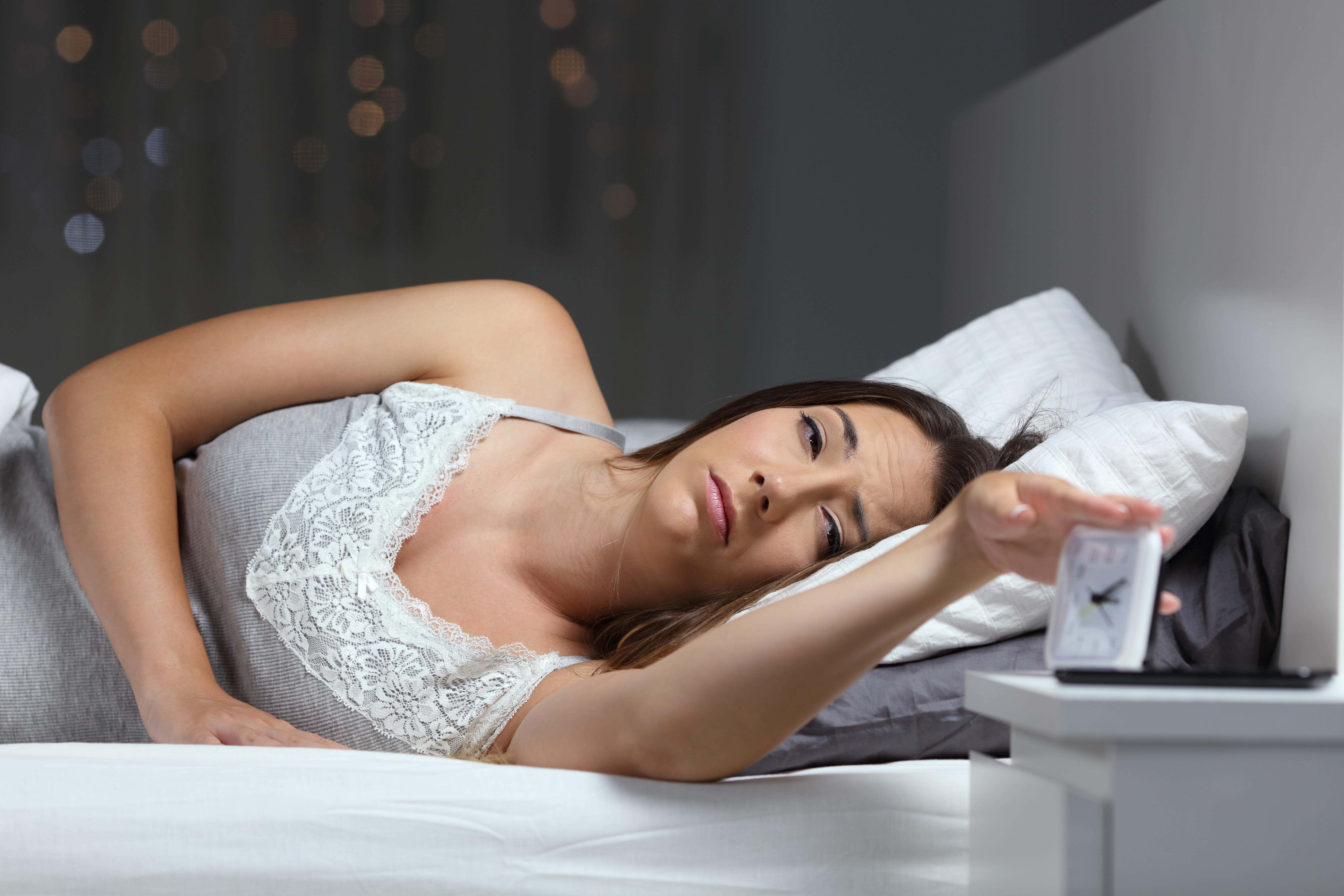Why do things seem better in the morning? Scientists have found the answer
Happiness is highest in the morning and lowest by bedtime, UCL scientists say

There is no better part of the day than that early morning alarm, scientists assessing the mental health of Britons have claimed.
The mental well-being of people appears to degrade throughout the day with the lowest moods detected by midnight.
“Generally, things do seem better in the morning,” the University College London (UCL) researchers determined after analysing data from 49,218 adults over two years.
People in the study answered questionnaires, including questions such as: “In the past week, how happy did you feel?”, “How satisfied have you been with your life?”, and “To what extent have you felt the things you are doing in your life are worthwhile?”
Researchers added: “There is also an association with day of the week and season, with particularly strong evidence for better mental health and wellbeing in the summer.
“Measures of mental health were worst mid-week, with morning relief from depressive and anxiety symptoms not found on Tuesdays and Wednesdays”
For the study, researchers looked at variations in mental health (depressive and/or anxiety symptoms), happiness, life satisfaction, the sense of life being worthwhile, and loneliness.
Factors such as age, health conditions and whether people worked were taken into account.
The results showed that happiness, life satisfaction, and worthwhile ratings were all higher on Mondays and Fridays than on Sundays, and happiness was also higher on Tuesdays.
The researchers suggested that changes in mental health and wellbeing across the day might be explained by physiological changes associated with the body clock.
“For example, cortisol (a hormone that regulates mood, motivation and fear) peaks shortly after waking and reaches its lowest levels around bedtime,” they said.
However, they said the differences noted between weekdays and weekends may be driven by things such as the sequence of daily activities, which are likely to be different between weekends and weekdays.
Dr Feifei Bu, from UCL’s department of behavioural science and health, said: “Our findings suggest that on average, people’s mental health and wellbeing are better in the morning and worst at midnight.
“However, this pattern could reflect when people choose to respond to the survey, rather than a direct effect of time of day. For example, those already feeling better in the morning might be more likely to engage with the survey at that time.
“While these findings are intriguing, they need to be replicated in other studies that fully account for this potential bias.
“If validated, this could have important practical implications. Researchers investigating people’s mental health and wellbeing should take into account the time of day people respond.
“Mental health support services might consider adjusting resources to match fluctuating needs across the day – for instance, prioritising late-night availability.”
Join our commenting forum
Join thought-provoking conversations, follow other Independent readers and see their replies
Comments
Bookmark popover
Removed from bookmarks